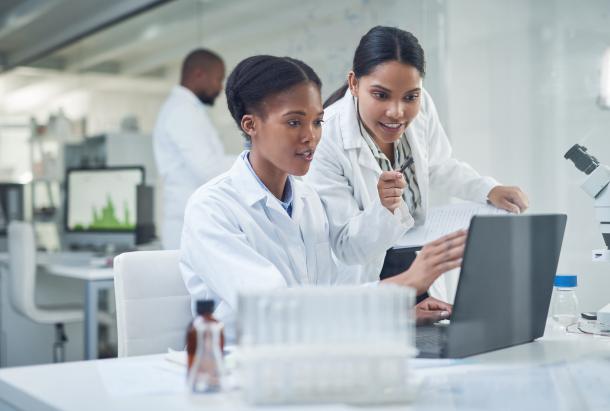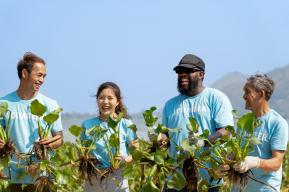Idea
How to revive the right to science

Inequalities also persist in the right to practice science. Important gender disparities remain deeply rooted in the scientific field, where women are significantly under-represented and face many constraints in accessing leadership positions.
Public trust in science is constantly being challenged; it is being eroded by disinformation and misinformation spread through the digital world, but also fuelled by growing populism in many countries. In this context, the internet has an important role to play as it can act as an equalizer, on the condition that it is accessible to all.
Despite extraordinary progress in all fields of science, we are far from being able to ensure a rights-based approach. We need to move more decisively towards anchoring science in human rights.
Ms Ramos participated in a panel on how to revive the human right to science, during the Geneva Science and Diplomacy Anticipation Summit, on 13 October 2022. Other speakers included Samantha Besson, Professor in International Law of Institutions at the Collège de France and the University of Fribourg; Andrea Boggio, Professor of Legal Studies at Bryant University; Gérard Escher, Senior Advisor to the GESDA Board; Frederick Fenter, Chief Executive Editor at Frontiers; Alexandra Xanthaki, UN Special Rapporteur in the field of Cultural Rights; and Thomas Zeltner, President of the Swiss UNESCO Commission.
Challenges, progress and recommendations for future action were discussed. The normative framework has been strengthened, particularly with the UNESCO’s 2017 Recommendation on Science and Scientific Research, its 2021 Recommendation on the Ethics of Artificial Intelligence and its Recommendation on Open Science. The implementation of these recommendations is an essential step in contributing to the environment of open and inclusive science, by pushing for greater equality and social justice.
Knowing about the right to science is a prerequisite for promoting and defending it. So, UNESCO has launched the first ever MOOC on science and human rights.
The right to science is a priority, and needs to be moved higher up the international agenda.
UNESCO will be at the forefront of this mission.









